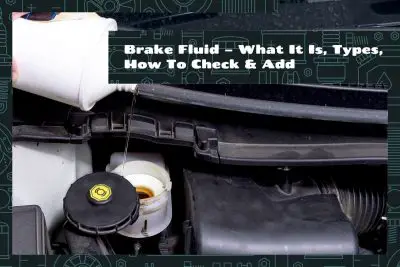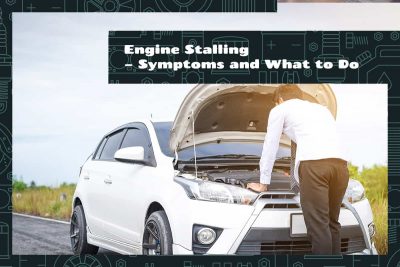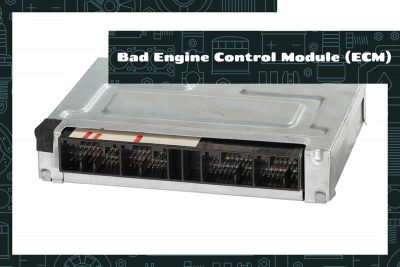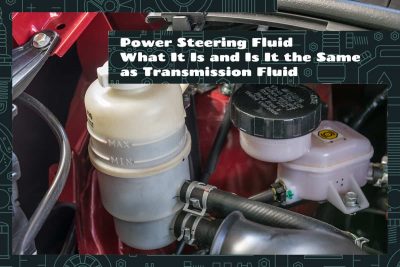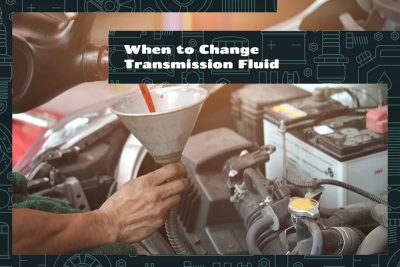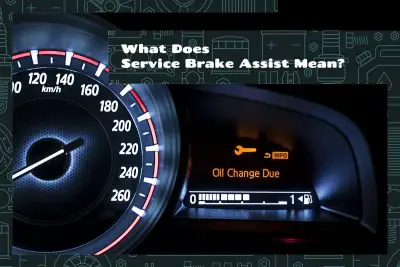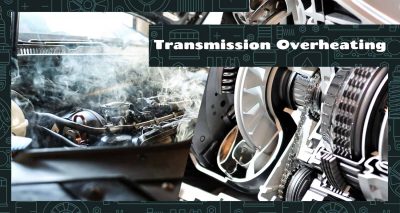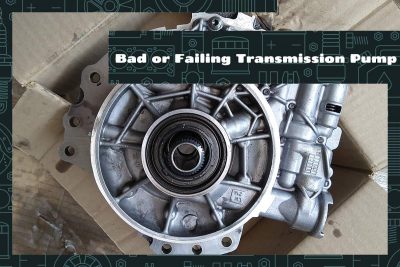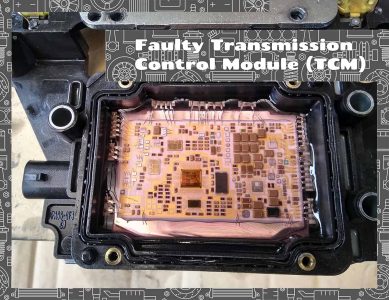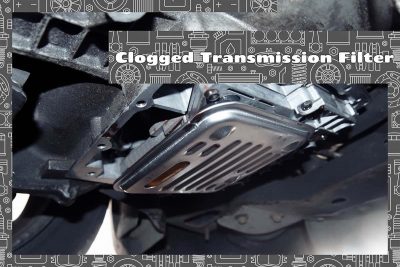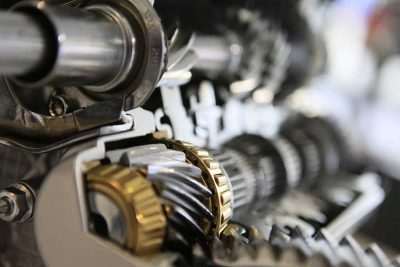Iyul Nasruddin
Posts by Iyul Nasruddin:
Brake fluid is a type of hydraulic fluid that transfers the force you apply on the brake pedal to the brake system of your vehicle. When you press the brake pedal, this fluid moves through the brake lines, activating the brakes and slowing your car down.
Engine stalling happens when your car’s engine stops running, often unexpectedly. This can be due to a variety of reasons, including issues with the fuel system, air intake, or even the engine’s computer. Not only can stalling be a nuisance, but it can also be dangerous, especially if it occurs while you’re driving.
The Engine Control Module (ECM controls various functions, like fuel mixture, ignition timing, and emissions controls. For one reason or another, the ECM can fail, leading to several issues in your car’s operation.
Power steering fluid makes steering your car easier. It’s part of a system that helps turn the car’s wheels smoothly. Transmission fluid is used in the transmission system where it lubricates gears and keeps them from overheating. Power steering fluid and transmission fluid are not the same and should not be used interchangeably.
The ideal time to change transmission fluid is typically every 30,000 to 60,000 miles or every 2 to 4 years. But always check your car’s manual for the manufacturer’s recommendation.
Automatic transmissions let your car switch gears without you having to do it manually, so you can enjoy your drive without worrying about when to shift gears. Whether you’ve driven a car or not, you might have heard people talk about “manual” and “automatic” cars. In automatic ones, the transmission does a big job!
In this article, we’re going to dive into the world of automatic transmissions
Service brake assist is a safety feature that detects when a driver needs to make an emergency stop and automatically applies maximum braking force, helping the vehicle stop in a shorter distance.
Transmissions move power from the engine to the wheels, making the car go. But they can overheat and cause problems, and when that happens, your car isn’t going to have a good time at all, to say the least.
A bad transmission pump can give you some clear signs, such as a delayed response from your vehicle, strange noises coming from the transmission, difficulties with shifting gears, overheating of the transmission, and leaks of transmission fluid.
A faulty TCM often gives signals like delayed or unexpected gear shifts, decreased fuel efficiency, a lit-up ‘Check Engine’ light on your dashboard, and your car making unusual noises or vibrations.
Your car’s transmission is like its heart, pumping life (or rather, transmission fluid) throughout its system. One of the key parts of this system is the transmission filter, which acts as a barrier against dirt and debris that could harm your car. If this filter becomes clogged, it can cause some serious issues for your vehicle.
To cool down your transmission fast, safely pull over and turn off your car. Let it sit for a few minutes to cool down. If needed, turn on the engine and let it idle without driving. Reduce the load by removing excess weight, shift to a lower gear when needed, and increase airflow by driving at moderate speed with windows down.
